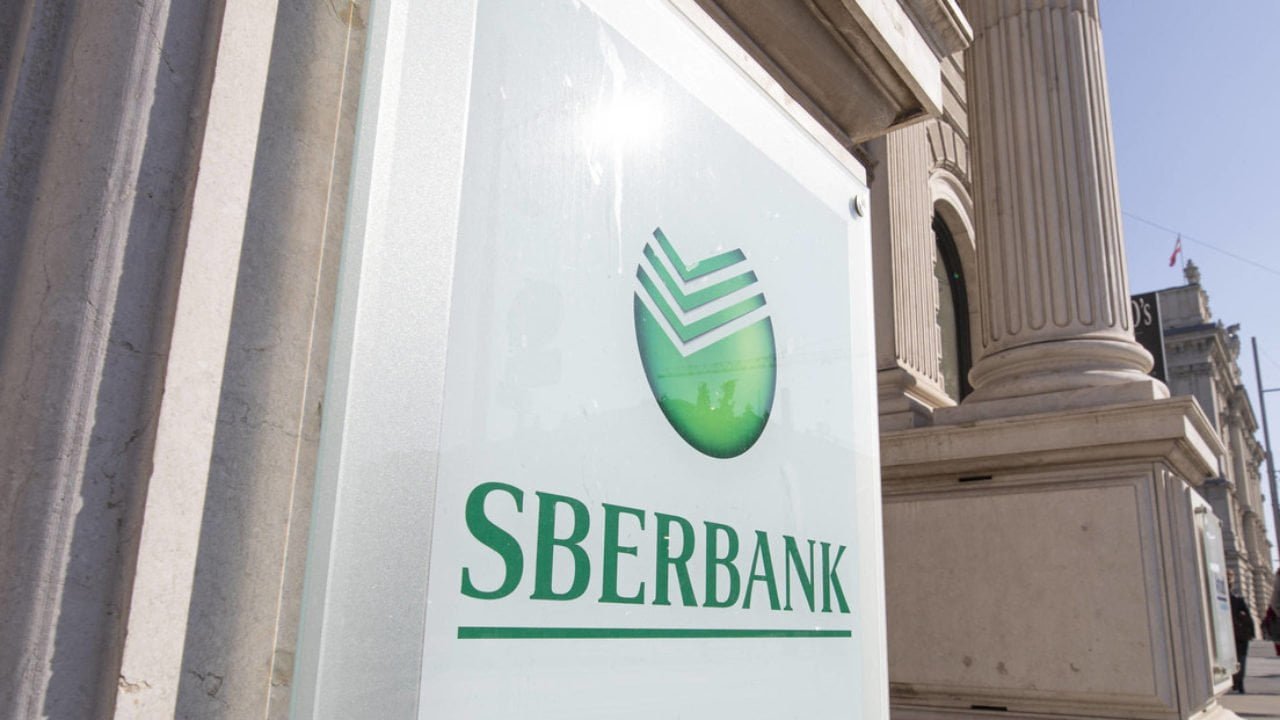Sberbank to Conduct First Digital Asset Transaction on Own Platform – According to Tass, Russia’s majority state-owned bank Sberbank (Sber) will complete the first transaction using digital financial assets (DFAs) on a platform built by the bank within a month. Anatoly Popov, deputy chairman of the banking and financial services company’s Management Board, was quoted by the news agency.
Sberbank, which accounts for about a third of all bank assets in Russia, was added to the Central Bank of Russia’s register of information system operators permitted to issue DFAs this spring, according to a high-ranking executive speaking on the sidelines of the St. Petersburg International Economic Forum.
Also Read: President of Panama Partially Vetoes Crypto Law Passed by National Assembly
In Russian legislation, cryptocurrencies and other digital assets are referred to as “digital financial assets.” Additional legislation is on the way, with the Ministry of Finance proposing a measure “On Digital Currency” to thoroughly govern the country’s crypto market, which is expected to be adopted during the State Dima’s fall session.
“We’re keeping an eye on the development of new technologies, like distributed ledgers.” “We’re looking into how blockchain technologies are developing,” Popov said. “At the moment, they’re being used in a lot of initiatives, including Sber.”
The bank’s digital asset platform has already passed acceptability tests, according to Sberbank’s deputy chairman. DFAs will be issued and circulated through the platform, which was constructed using blockchain technologies, according to a press release issued in March.
Other companies will be able to utilize it to raise funds by issuing their own digital assets. They will also be permitted to transact with DFAs in accordance with Russian Federation regulations.
Also Read: Uganda Claims Exploration Surveys Discovered 31 Million Metric Tons of Gold
For the time being, Russia’s main piece of legislation controlling cryptocurrencies and tokens is the “On Digital Financial Assets” law, which took effect in January 2021. While it has created laws to oversee activities such as the issuance of digital currency and fundraising through tokens, it has failed to regulate important cryptocurrencies operations such as mining and trading.




